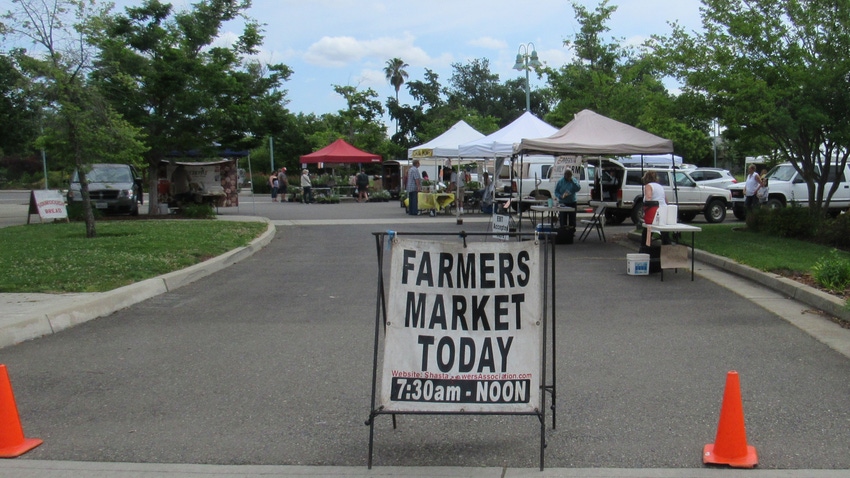December 17, 2021

Disruptions triggered by the COVID-19 pandemic pushed food systems close to breaking, but some unique aspects of state food assistance and agricultural programs kept them from collapse.
So asserts one of a pair of studies commissioned by the Washington State Department of Agriculture that focused largely on the coronavirus' impacts on Blacks, Native Americans and other people of color.
The two studies are:
“The State of the Washington State Food System During COVID-19: Taking Stock and Looking Ahead,” [PDF 51MB] authored by researchers with the University of Washington who synthesized several rich datasets and surveys that were collected throughout Washington about the state food system during the pandemic.
“Assessing WA Food System Through an Equity Lens: Bridging the Gap Through a Culturally Relevant Approach,” [PDF 26MB] conducted by an informal leadership team that was assembled in collaboration with the Washington State University Food Systems Program.
Researchers involved in both studies reviewed existing sources, case studies, and conducted interviews. Both teams also examined how historically marginalized communities fared during the pandemic.
“We have known that the COVID-19 pandemic created significant challenges for food producers and those involved in food access, but we wanted to better understand the extent of the impact, and also where there was imbalance,” WSDA director Derek Sandison said. “These studies make it clear that, although many people and organizations have worked diligently for years on hunger relief, there is still work to be done to bring resilience and equity to all aspects of our food systems. My intent is that we use the information these researchers have provided to inform our decision making as we continue to restructure and improve the state’s food security system in the aftermath of the pandemic.”
Study findings
Among the UW team’s findings:
Food assistance needs increased greatly and required temporary adaptations across all food access channels, due to rapid market shifts, distribution disruptions, logistical and labor challenges, rising operational costs, food shortages, transportation barriers, and other factors.
Food producers and households alike faced COVID-19 challenges, though the effects were uneven. Some households experienced far greater food insecurity than others.
The pandemic strained, but did not break Washington’s food production system due to the diverse dimensions of Washington’s food system, real-time innovations and collaborations, high adaptability among producers, strong leadership, and many other factors.
New food access channels made food more available to hard-to-reach populations, though the reports make clear that specific communities may need targeted attention.
Significant opportunities exist for creating a more resilient and economically viable food system by, for instance, improving food access and food security, creating systems that serve specific groups with higher needs, addressing labor and staffing challenges, and making strategic investments.
WSU’s key takeaways included:
Producers were deeply affected by COVID-19 and pivoted rapidly to adapt. BIPOC (Black, Indiginous and People of Color) farmers and producers, in particular, need more financial and logistical support.
Food assistance needs increased dramatically and inequities were exacerbated but the formation of new partnerships and creative approaches helped address the growing need. At the same time, WSU researchers found that the systems supporting food production and food access are fragile, relying extensively on unpaid and underpaid labor.
Supply chains became stressed and are still evolving. Equity-centered funding is needed to boost supplier and supply chain diversification and capacity building, expand business development opportunities, and increase access to tools to help BIPOC-led efforts thrive.
Greater equity in Washington’s food system will take an investment of resources and an increase in BIPOC participation in food system programs and policy-directed interventions.
Equitable food system changes will require that efforts center on racial equity, construction of a collaborative infrastructure, and the development of more robust equity assessment tools.
Source: Washington State Department of Agriculture, which is solely responsible for the information provided and is wholly owned by the source. Informa Business Media and all its subsidiaries are not responsible for any of the content contained in this information asset.
About the Author(s)
You May Also Like






